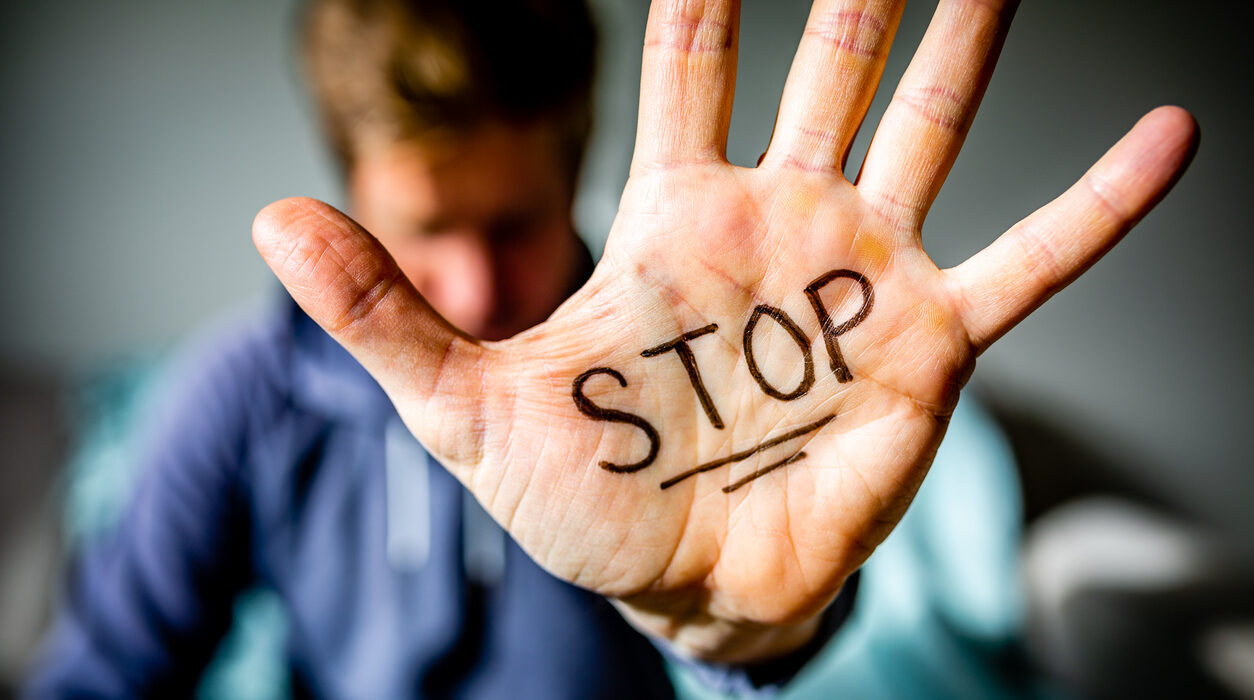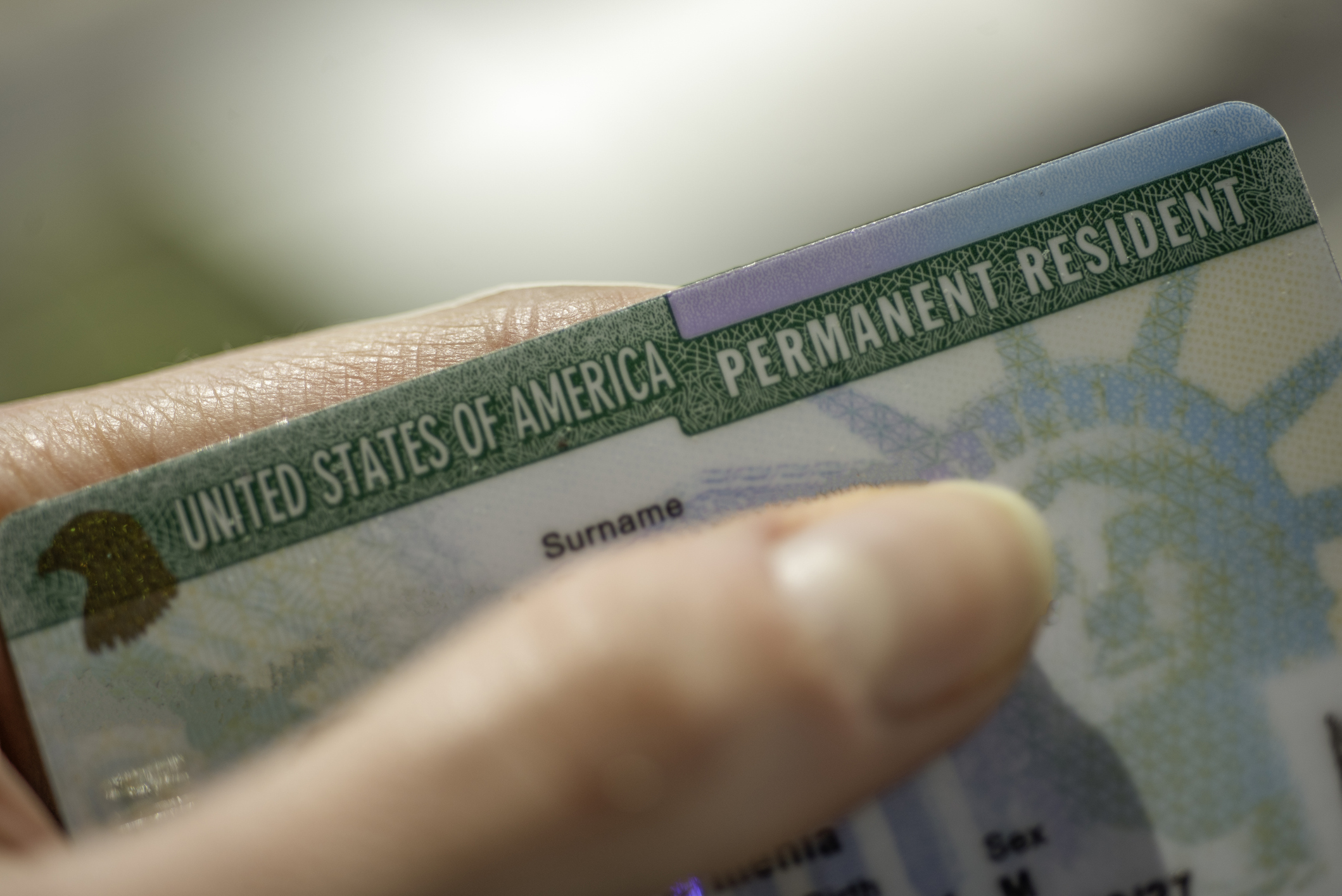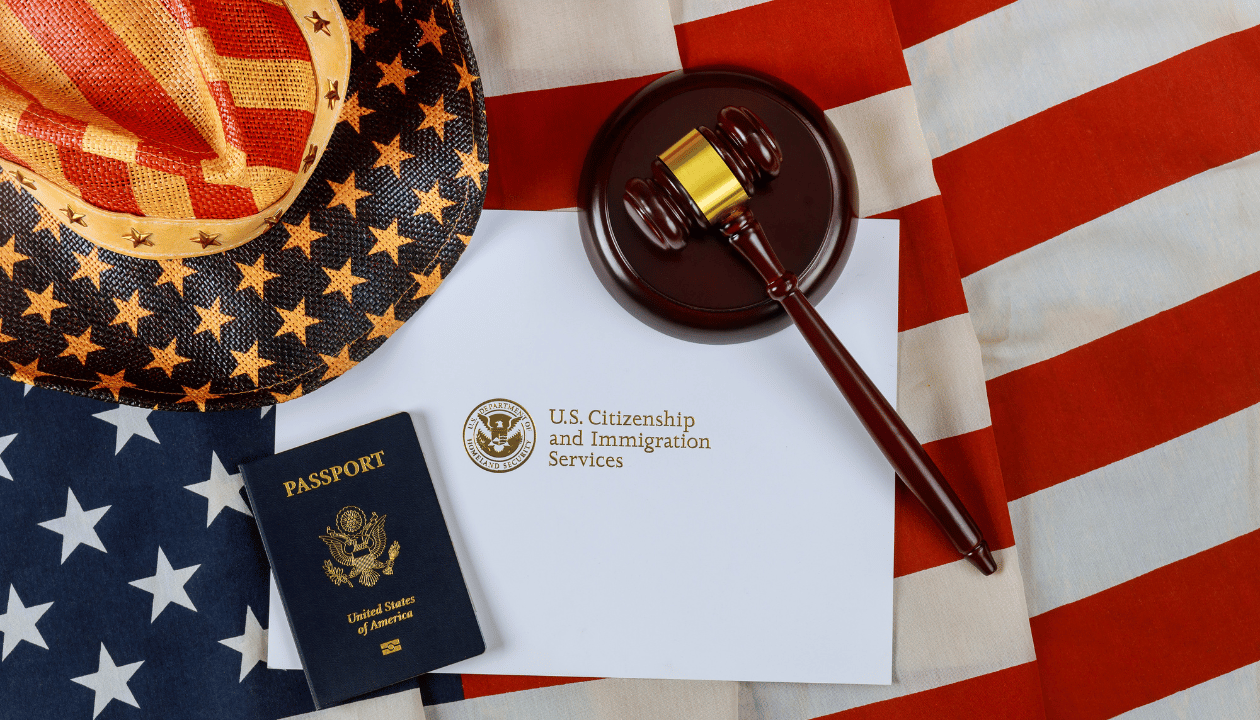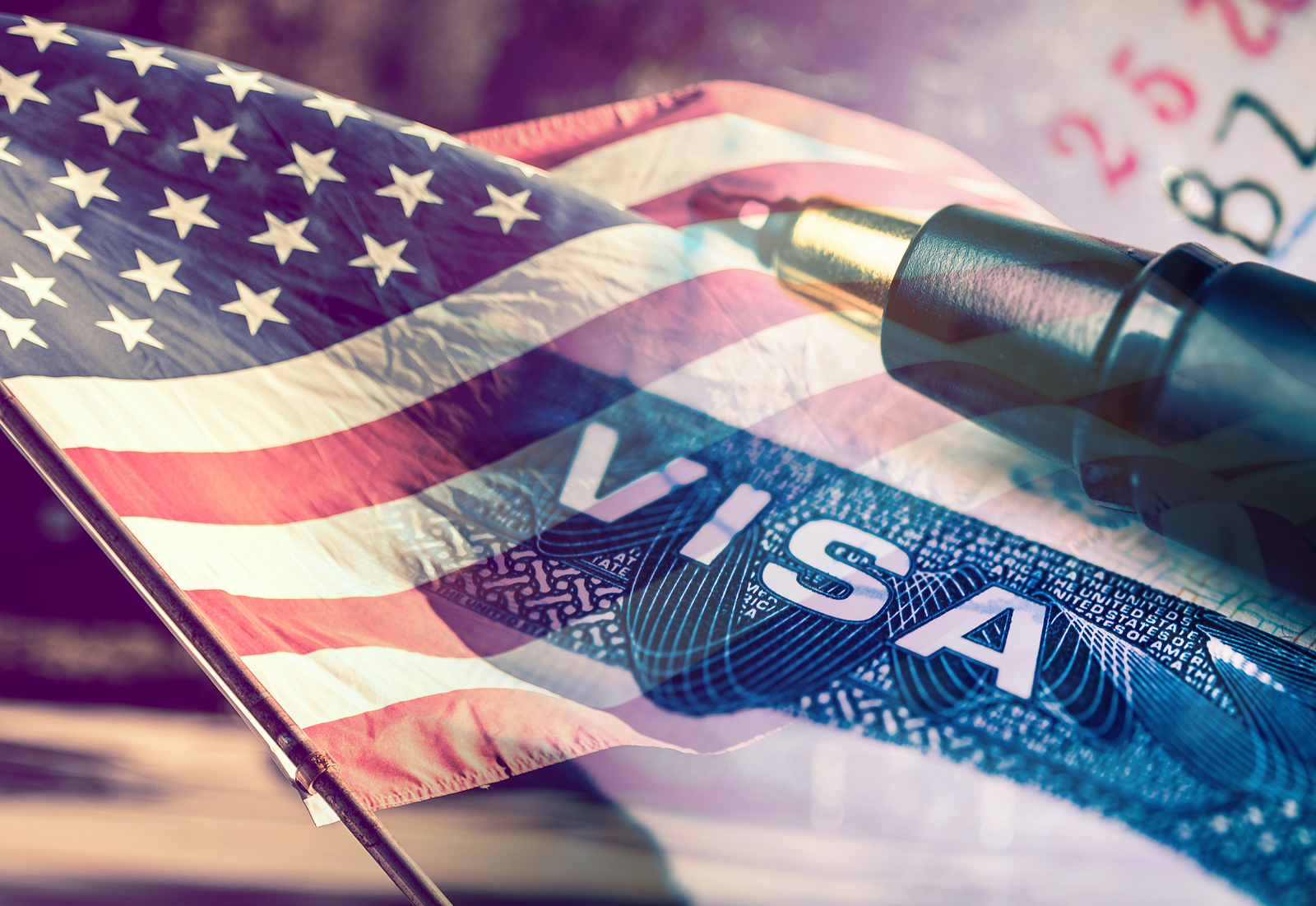Are You Being Abused?
No one deserves abuse. Abusers often target vulnerable people as their victims. Victims range from young children to the elderly, people who generally go unseen and unheard.
Unfortunately, abusers may also choose to use their status as United States citizens to lure their victims to the U.S. and then abuse them utilizing the fear of deportation or imprisonment. Immigrants in the U.S. are in a uniquely vulnerable position when they are here in the States.
Abuse towards immigrants can come from random citizens, employers, a spouse, or even other immigrants. Anyone can be an abuser.There are options for immigrants in the United States who are going through abuse, and The Chidolue Law Firm is here to help!
Don’t suffer abuse alone! Contact our firm today for help!
What is Domestic Abuse?
Domestic abuse can be a tricky concept to understand when you are from another country because of the difference in laws and culture when compared to the United States.
In the United States, domestic abuse is defined as violent acts or threats between people within a particular relationship. These relationships include married people, people who live together, or even people who are only dating. These relationships can be heterosexual or between members of the LGBTQ community. They may or may not have a child together.
Domestic violence can happen between people who are not in a romantic relationship but are related in other ways, such as parents, aunts, uncles, siblings, and so on.
While murder and rape can be considered forms of domestic violence, domestic violence often consists of lesser charges of physical and sexual abuse. Not all states classify child abuse as domestic abuse, but in Georgia, child abuse is classified as domestic abuse.
What is VAWA?
If you are new to the United States and facing domestic abuse, you may not be familiar with VAWA, the Violence Against Women Act. Initially enacted in 1994, VAWA aims to address domestic violence by providing resources for victims and funding investigations into violent crimes committed against women. It also mandates restitution for those convicted of domestic violence crimes and created the Office on Violence Against Women to oversee related issues. Importantly, VAWA now extends its protections to male victims of abuse, offering avenues for immigration relief.
For those facing abusive situations, VAWA offers the opportunity to self-petition for legal status, ensuring that abusers cannot use immigration status as a tool for control. The Chidolue Law Firm is dedicated to helping immigrants navigate the complex process of self-petitioning under VAWA and finding the protection you deserve.
How Does VAWA Help Immigrants?
VAWA led to the creation of a special route to lawful immigration status for victims of domestic abuse. These victims normally rely on their abusers to file for citizen status for them.
VAWA self-petitioning allows victims of abuse who are close relatives of U.S. citizens and lawful permanent residents to file for the status of their own.
Normally, when applying for Green Card, you would have to rely on a spouse, parent, or child who is already a United States citizen to file a petition with the United States Citizenship and Immigration Services (USCIS) on your behalf to gain legal status.
VAWA made it so that victims of abuse may be able to gain legal status without the assistance of their abuser through self-petition.
So VAWA Doesn’t Help Men?
While the Violence Against Women Act (VAWA) was initially designed to protect women from domestic violence, the law has since been expanded to protect a wider range of individuals, including men. If you are a male immigrant who is dependent on a U.S. citizen spouse, parent, or child for immigration purposes and are experiencing abuse, you may be eligible to file a self-petition under VAWA. This provision allows you to apply for legal status independently, without needing the support of your abuser, and can provide vital protection for your safety and future in the U.S.
How VAWA Can Help Male Immigrants in Abusive Situations
For men in abusive relationships with U.S. citizens or lawful permanent residents, VAWA offers a critical opportunity to escape an abusive environment and seek safety. With the support of a qualified attorney, you can navigate the process of self-petitioning and protect your immigration status while addressing the challenges of domestic violence. The Chidolue Law Firm is committed to helping you understand your rights under VAWA and guiding you through the process.
What Are the Steps for Self Petitioning Under VAWA?
In order to self-petition under VAWA, you have to meet a few criteria:
- You are experiencing abuse at the hands of your spouse during your marriage to a U.S. citizen or lawful permanent resident. Not all abuse is physical, as emotional abuse and other forms of cruelty are recognized.
- Your marriage to your spouse must be in good faith.
- You either live with or used to live with your spouse.
- You must have a clean criminal record. While minor criminal infractions may be overlooked when trying to self-petition under VAWA, any major convictions will likely inhibit your ability to self-petition.
If you meet the above requirements, then you will need to document your case. You have to demonstrate that you have been abused by your spouse, either physically, emotionally, psychologically, or sexually. Threats, intimidation, and manipulation can all be classified as abuse, as well.
Your testimony of the abuse may be enough to petition, but the more proof you have, the better! Proof can come in the form of video or audio recordings, witness testimony, evidence of abuse, and such as bruising or other injuries.
Now is the time to hire a lawyer who understands VAWA and what you are going through as a hopeful future citizen.
Do You Really Need a Lawyer?
Working with an experienced immigration attorney who understands how VAWA works can be the difference between deportation and citizenship.
The team at The Chidolue Law Firm is compassionate about the struggles that immigrants face when trying to gain United States citizenship. With our experience working with such vulnerable clients, you can feel confident that your case is being handled with confidence, sympathy, and professionalism.
We will build your case using the evidence you have gathered, your testimony, and our experience with VAWA cases.
This is often the first step to finding your freedom away from your abuse as a U.S. citizen. VAWA protects all immigrants facing abuse. Don’t be afraid to stand up to your abuser.
Find out how you can get your freedom back! Call us at 678-325-1037 or 678-325-1037 to schedule a case evaluation with our team.



